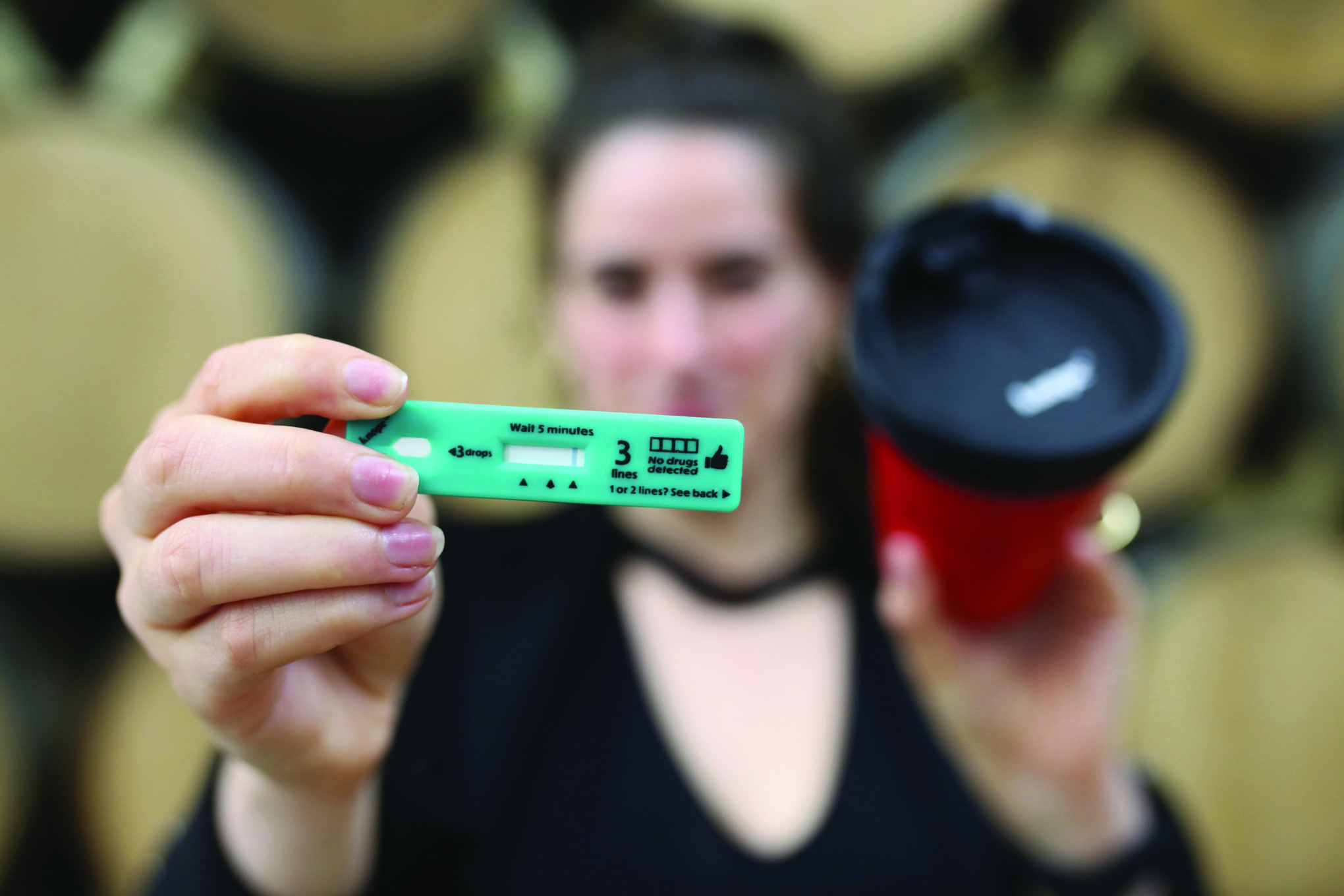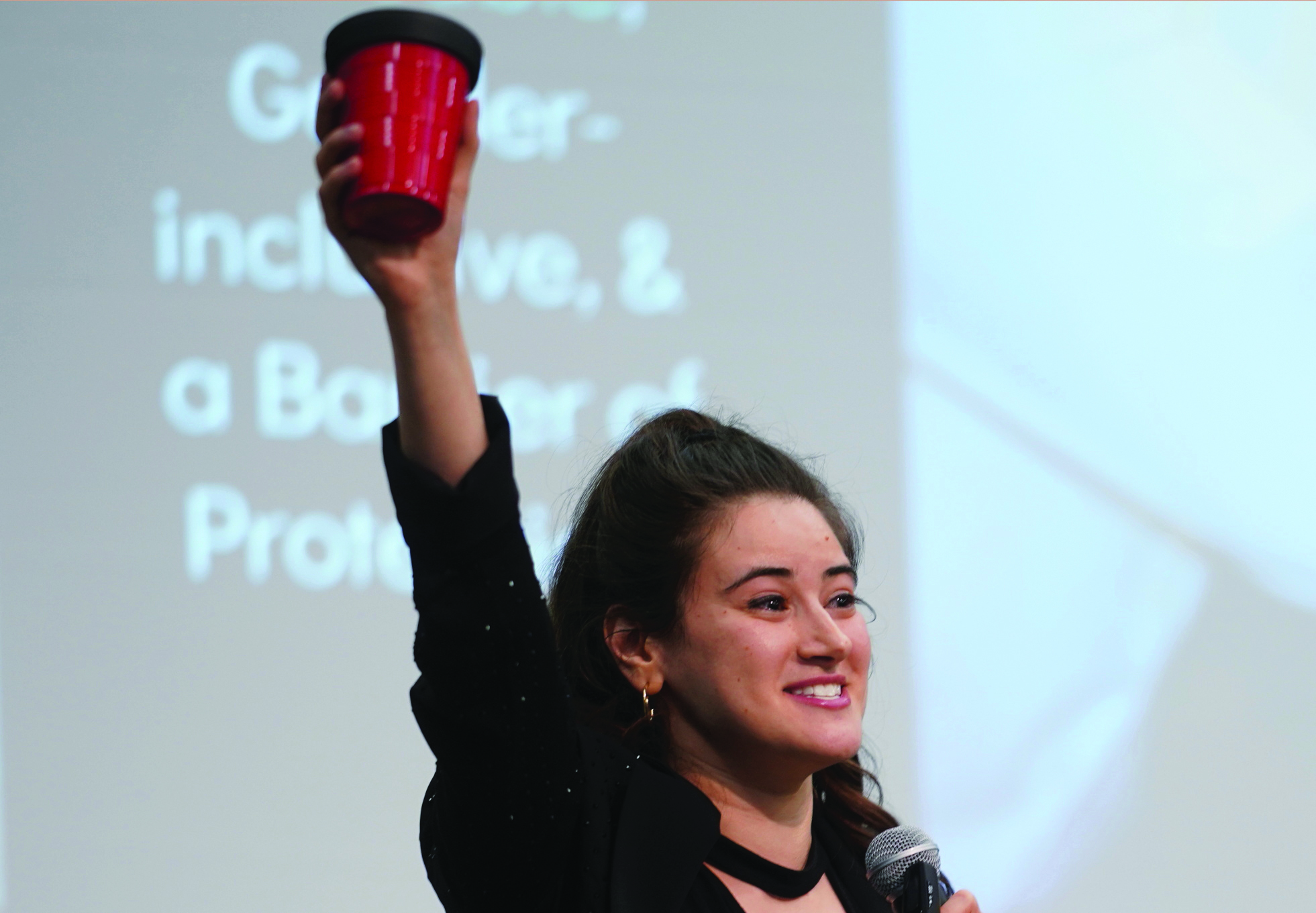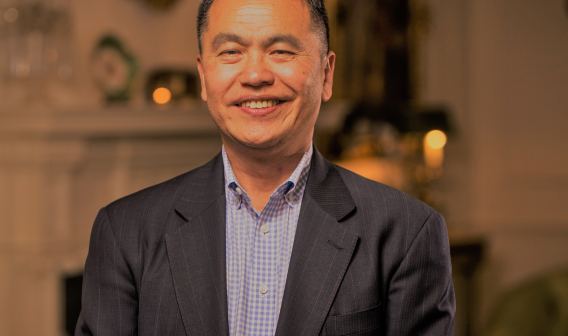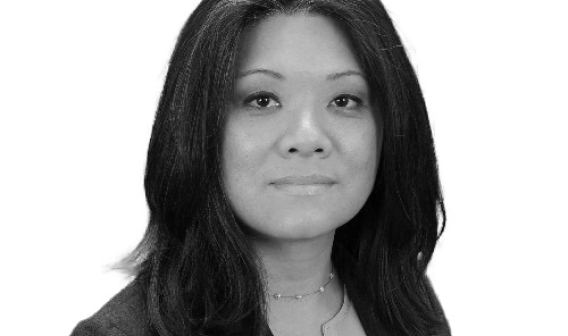Connecting the Dots
Virginia’s innovation ecosystem is realizing the big-picture benefits of collaboration

KnoNap, Arlington County
Backed by monumental funding deals, a peaking business profile, and a strong entrepreneurial undercurrent, Virginia is building an accessible, collaborative, and truly thriving innovation ecosystem far and wide across the Commonwealth.
But, like so many of Virginia’s homegrown headline-earning accomplishments, it started as something different. A brief rewind reveals a prequel of siloed thought and resource farms comprising multi-million-dollar ideas, willing and able support systems, and generous state resources — each limited by stunted reach and a vague awareness that the missing piece was right next door.
Add time, transparency, and the achievements of a critical mass of key players — founders, accelerators and incubators, investors and mentors, and educational partners and government assistance — and Virginia is emerging as a model for how to cultivate an innovation ecosystem.
“Organizations cooperate very well, but are moving toward more collaboration,” said Debbie Irwin, managing director of Richmond-based accelerator Lighthouse Labs. “That’s how a statewide ecosystem should work.”
It’s easy to get caught up in some of the headlines the flourishing ecosystem has generated. Take Reston-based Laser Light Communications, the leader in the clubhouse when it comes to investment. The data services platform raised $400 million in 2023.
And then there’s the new Virginia Invests initiative, a Virginia Innovation Partnership Corporation-led (VIPC) program designed to expand investment and growth opportunities for Virginia-based innovation-driven startups and ecosystems. The program, announced in May 2024, is designed to activate $250 million in private investment and create partnerships engaging 1,000 Virginia entrepreneurs.
But it’s often the off-the-radar, organically shared stories of coming together — anecdotes of organizations now collaborating that formerly competed for founders or funding — which is the true measure of the Commonwealth’s innovation ecosystem maturation.
Dissecting Virginia’s Innovation Ecosystem
It all starts with founders. These are the calculated risk-takers, trailblazing pioneers, and dare-to-dream doers who sketched out their plan on a cocktail napkin or app.
More than ever, light bulb moments don’t flicker out — they illuminate a startup’s path forward.
“Current staff and current board have adopted a mindset of abundance versus scarcity,” Irwin said, referencing the high volume of founders seeking expert guidance and believers turned benefactors.
Then come entrepreneurial support systems, starting with incubators and accelerators. These are the motivational coaches, savvy mentors, and connected resource wranglers offering competitive programs and training right-sized for founders’ places in the startup journey. Take the early stage-focused Shenandoah Community Capital Fund, which offers bootcamps, training, and funding for the Shenandoah Valley small business scene.
When startups are ready to flip the switch, accelerators await across the Commonwealth. The growing list includes the aforementioned Lighthouse Labs, along with Stafford County-based RIoT, which focuses on IoT, AI, and data technology, as well as Norfolk-based 757 Accelerate, The Advancement Foundation in Vinton, The Launch Place in Danville, and the Roanoke-based Regional Accelerator and Mentoring Program (RAMP), among others.
ZEBOX America, located in Arlington County and backed by shipping giant CMA CGM Group, helps startups in the focus areas of operational efficiency, assets and decarbonization, workflow automation, and the future of work. Smart City Works in nearby Fairfax County bills itself as “the world’s first business actuator,” or a new type of accelerator aimed at more rapidly commercializing new technologies and innovations.
Then add investors, including CAV Angels, a network of 160 accredited investors with a connection to the University of Virginia. And don’t forget schools elevating the relationship between higher education and industry, including the Old Dominion University Institute for Innovation & Entrepreneurship. Or state and federal agencies and programs, such as the Virginia Coalfield Economic Development Authority, which has provided matching grants for Southwest Virginia startups since 2017.
You’ll find a similar ecosystem composition in other states, with people and places playing similar roles, but not as evolved and mature as what’s happening in Virginia.
The Lay of the Land
Equally eclectic as the inputs and outputs of Virginia’s innovation ecosystem is the Commonwealth itself. With leading industries ranging from data centers to agriculture, and a five-hour cross-state drive that takes you from the beach to the Appalachian Mountains, Virginia’s diversity poses more opportunities than challenges — as long as its nuances are embraced.
“Don’t expect to see cookie-cutter solutions work,” said VIPC Vice President of Entrepreneurial Ecosystems Conaway Haskins. “Just because there’s water and sand in Virginia Beach and water and sand in Smith Mountain Lake doesn’t mean my fishing gear is going to work as well.”
As the head of VIPC’s Entrepreneurial Ecosystems group, Haskins leads a three-member team that supports early-stage innovators. They’ve consequently built strong relationships with incubators and accelerators, investors, chambers of commerce, and other state-based resources.
VIPC’s work includes administering the Regional Innovation Fund (RIF), a state-funded program that awards grants to these support organizations, as well as overseeing the Virginia Accelerator Network (VAN).
“We haven’t found a lot of other states that have a startup network like this,” said Haskins, adding that partners’ ability to work across lines in Virginia can power innovation.
VIPC took over management of the network about two years ago and focused on viewing members as partners and collaborators. “It helped take down some of the competitiveness,” Haskins said.
Homing in on the Right Markets
One of the goals in working with VAN members is to help them dial in their area of specialization. For example, an accelerator may evolve from focusing on general tech startups to energy tech. Finding this unique market niche helps draw the right funders as well, Haskins said.
Irwin, who previously led the Shenandoah Community Capital Fund, brings the unique perspective of having fostered support systems within both rural and urban regions.
“Depending on which Virginia region you’re in, you’ll get a different view of how the ecosystem works,” she said. “Shenandoah Valley was very collaborative, because it had to be.”
It’s the relative scarcity of resources that developed resilience and accelerated collaboration in these regions, Irwin said.
Whereas founders in Richmond, Northern Virginia, or Virginia Beach had a buffet of resources in their backyard, trailblazers and support systems in places like Harrisonburg and Staunton came together even earlier out of necessity.
And they helped show the path forward for their larger neighbors.
“When we take a statewide view versus a regional view, Virginia wins,” Irwin said.
She’s seeing maturation happen in real time. It’s about more than entrepreneurial support systems choosing their lane or dialing in their focus. It’s about getting out and connecting.
Irwin recalls a recent collaborative “brain dump” with her peers leading other Virginia accelerators. This led to back-channel discussions regarding where founders best fit — regardless of whether or not they had applied to that particular accelerator — then making the recommendation and handoff. Then there’s the joint investor roadshow she’s working on with Lighthouse Labs and Roanoke-based accelerator RAMP.
“The one area that we are working on strengthening statewide is access to capital for startups through a stronger investor network,” said Erin Burcham, president of the Verge Alliance, which encompasses RAMP and the Roanoke-Blacksburg Technology Council.
“Virginia has so much potential,” Irwin said. “It’s already doing amazing things, but there’s so much untapped potential...We all think this way because we constantly talk about it.”

KnoNap, Arlington County
What’s Next?
Many startup founders find themselves at the table with the big fish — C-level decision-makers with a keen interest in what they’ve created. Some even find themselves in the shark tank.
This is the critical intersection in Virginia’s innovation ecosystem, where companies from across the globe are waiting to make their move.
“That’s how startups are going to scale,” Haskins said. “A lot of [large corporations] are the first customers.”
Take DroneUp, a drone flight services company specializing in “last-mile” delivery. The Virginia Beach-based company was tapped by Walmart to handle home delivery in a COVID-era pilot program and recently expanded the partnership to a footprint of 34 sites spread across six states, including Virginia. The company is scaling, including a testing, training, and R&D center for drone operators at Richard Bland College in Dinwiddie County.
Drones are an appropriate microcosm of the overall momentum gained by Virginia’s innovation ecosystem during the COVID-19 pandemic.
“It’s very easy for me to see the amount of support that startups can get today versus pre-pandemic,” Irwin said.
From boosting funding opportunities to mental health resources, it’s a credit to Irwin and her support system peers.
Next on her list? “I firmly believe there should be a common app for all accelerators in Virginia,” she said.
Virginia has also been busy seeding opportunities for entrepreneurs through government channels. Highlighting this effort are the aforementioned VIPC-led Virginia Invests program and a push for a $90 million investment to launch “Virginia’s Research Triangle,” a biotech, life sciences, and pharmaceutical manufacturing innovation and collaboration network that includes the University of Virginia, Virginia Tech, and Virginia Commonwealth University.
In addition to launching these new initiatives, Haskins believes Virginia shouldn’t abandon what’s responsible for its innovation ecosystem’s momentum to date. He advocated “doubling down and reinvesting in the successes, continuing to support what works, and scaling up.”
Key site selection figures and publications are taking note. In addition to Virginia’s ranking as CNBC’s Top State for Business, the Commonwealth ranked No. 2 in the country for new tech business establishments in CompTIA’s 2024 Cyberstates report and No. 8 in M&A adviser WebAcquisition’s “Best States for Tech Startups” list. The Washington, D.C., metro area, including Northern Virginia, was ranked the 12th-best global startup ecosystem in a Startup Genome report, between Shanghai and Amsterdam.
“More and more, the large companies that Virginia is recruiting are asking about the startup ecosystem,” Haskins said.
Thanks to an innovation ecosystem increasingly embracing collaboration, the Commonwealth has some pretty compelling answers.




